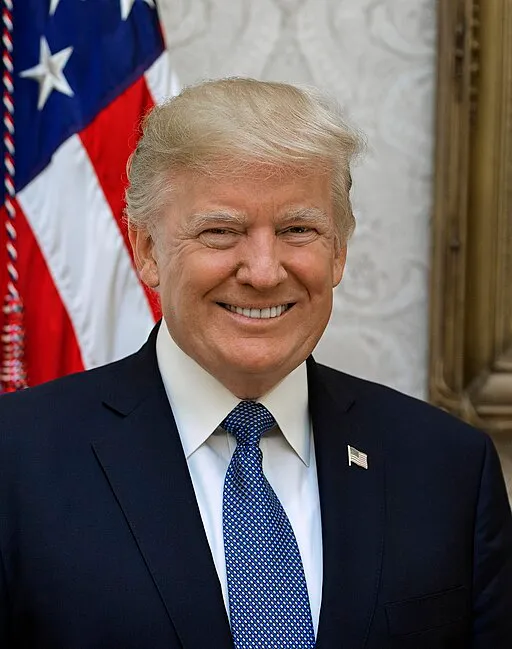Table of Contents
- The Intersection of Law and Politics
- Media and Public Opinion
- Power, Privilege, and Justice
- The Role of Political Actors and Institutions
- Historical Context and Comparative Analysis
- “The Case Was Rigged”
- Conclusion
- Poll
- Think!
- Essay Suggestions
- Research Suggestions
- Further Reading
The recent conviction of former U.S. President Donald Trump on 34 counts of falsifying business records in connection with a $130,000 hush money payment to Stormy Daniels represents a significant event in the realm of political sociology. This historic verdict offers a rich terrain for examining various political sociological themes, including the intersections of power, law, media, and public opinion. This essay will outline and explain these themes, providing a comprehensive analysis suitable for an undergraduate audience.
The Intersection of Law and Politics
Legal Accountability and Political Power
The conviction of a former president underscores the principle that even those who hold the highest office are subject to the rule of law. This principle is foundational to democratic governance and the concept of legal-rational authority as articulated by Max Weber. In a democratic society, legal accountability is crucial for maintaining the legitimacy of political power. The Trump trial exemplifies this accountability, challenging the often-held perception of the invulnerability of elites.
Politicization of Legal Processes
However, the trial also illustrates the politicization of legal processes. Trump’s defense framed the charges as a politically motivated attack, a narrative that resonates with his supporters. This framing aligns with the concept of political instrumentalization of the judiciary, where legal actions are perceived as tools for political gains. The politicization is further complicated by the fact that the prosecutor in the case is a Democrat, which Trump and his allies used to bolster claims of partisanship.
Media and Public Opinion
Media’s Role in Shaping Public Perception
The extensive media coverage of the Trump trial plays a crucial role in shaping public perception. Media acts as a mediator between the judicial process and the public, influencing how events are interpreted. Agenda-setting theory suggests that media can influence the salience of issues in public discourse. The media’s portrayal of the trial has varied significantly across different outlets, reflecting broader political and ideological divides. Conservative media often echo Trump’s claims of a witch hunt, while liberal media emphasize the legal merits of the charges.
Public Opinion and Polarization
Public opinion on the trial is deeply polarized, reflecting the broader political landscape. Surveys show a stark division in perceptions of Trump’s guilt and the legitimacy of the trial, often along partisan lines. This polarization is indicative of the current state of American politics, where partisan identities heavily influence individuals’ views on political and legal matters. The trial has thus not only been a legal proceeding but also a battleground for competing political narratives.
Power, Privilege, and Justice
Differential Access to Legal Resources
The Trump trial highlights issues of social inequality and justice, particularly in terms of access to legal resources. Trump’s ability to mount a robust defense, drawing on significant financial and legal resources, contrasts sharply with the experiences of less privileged individuals facing the criminal justice system. This disparity underscores broader issues of inequality within the legal system, where wealth and status can influence legal outcomes.
Symbolic Power and Social Control
The trial also serves as a form of social control, reinforcing societal norms and boundaries. Michel Foucault’s concept of disciplinary power can be applied here, where the legal system functions to regulate behavior and maintain social order. The conviction of a former president sends a powerful message about the boundaries of acceptable behavior, even for the most powerful individuals. It is a symbolic act that reaffirms the rule of law and the principles of democratic accountability.
The Role of Political Actors and Institutions
Get the full article AD FREE. Join now for full access to all premium articles.
View Plans & Subscribe Already a member? Log in.





